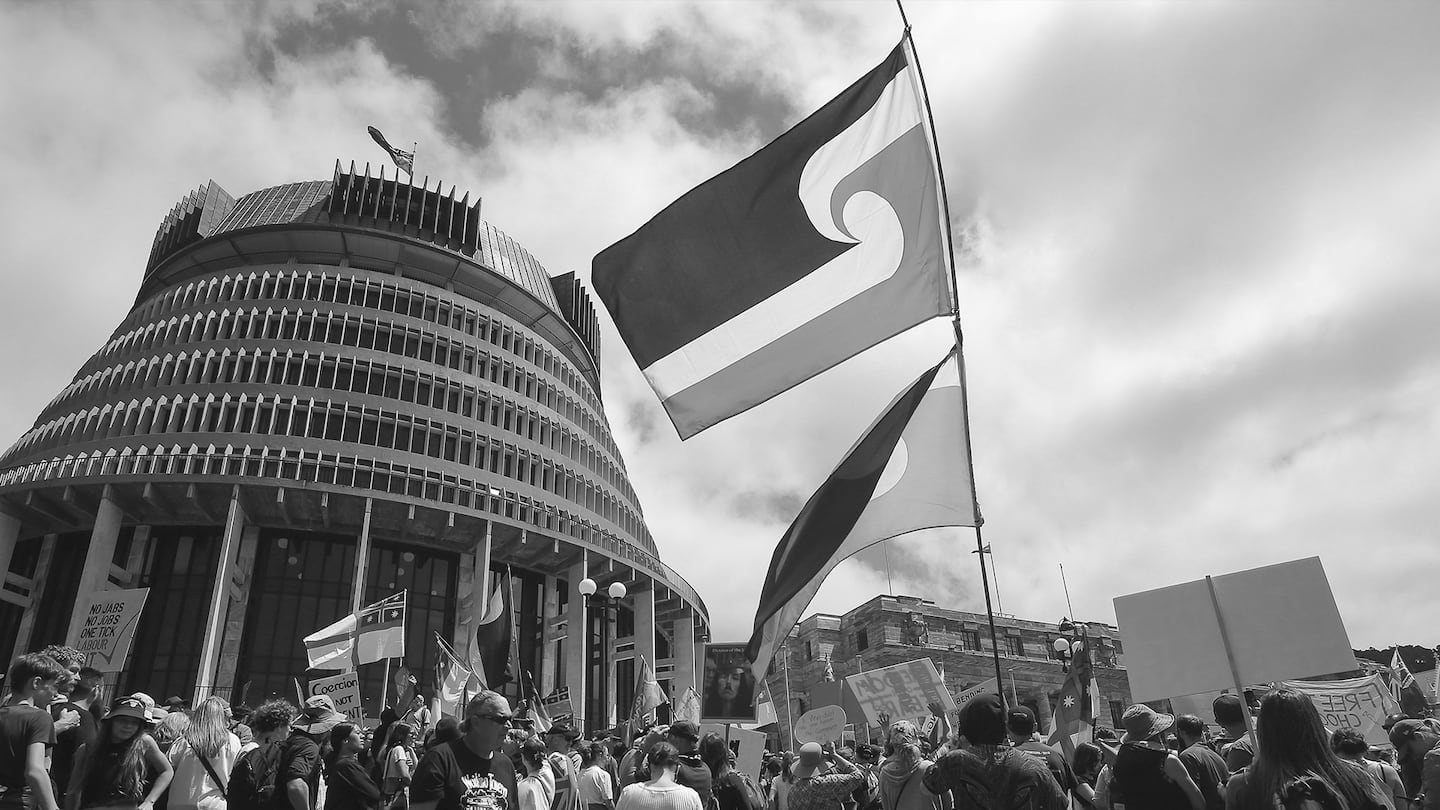Community campaigning organisation ActionStation says when it comes to Māori wards the coalition government is putting its “racist” political agenda before rationality.
The Local Government (Electoral Legislation and Māori Wards and Māori Constituencies) Amendment Bill passed its second reading in Parliament.
The bill will mean local councils who have already voted to create Māori wards will either disestablish the roles or take them to referendums in the 2025 local body elections.
An urgent Waitangi Tribunal hearing found this to be a breach of Te Tiriti o Waitangi and declared the referendums would cause division and increased racism towards Māori.
ActionStation has campaigned for Māori wards since 2018, seeing them as a way to honour Te Tiriti o Waitangi and ensure Māori have a say in local decision-making after historical underrepresentation.
ActionStation director Kassie Hartendorp (Ngāti Raukawa, Ngāti Pareraukawa, Ngāti Korokī) says there is overwhelming support for Māori in local communities. She says there has been a 1500% increase in voting in Māori wards since the requirement for referendums was removed in 2021.
“The majority of councils have embraced Māori wards and the positive contribution they bring to their communities,” Hartendorp says.
The bill was pushed through a select Committee with five days’ notice rather than the usual six weeks. Still, there were over 10,000 submissions, 63% in support of keeping the wards.
Stuff has written stories about the New Plymouth District Council, saying when establishing a Māori ward, those councillors in support were subjected to abuse, insults and death threats.
“There is no justification to take us backwards on Māori wards. It’s irrational, irresponsible, and will cause harm to real life people. It also creates more work for our councils who already have their hands full. Many communities have already supported Māori wards, so to force councils to roll them back goes against the principle of locally led democracy,” Hartendorp says.
“This is the latest in a series of policies purely focused on Māori - the disestablishment of Te Aka Whai Ora, removal of section 7AA In the Oranga Tamariki Act, limiting te reo in public services, removing references to Treaty principles in 40 pieces of legislation and the planned Treaty Principles Bill among others.”
Action Station says there is no rational reason to push forward the “anti-Māori” bill while ignoring issues that matter most to the country.
It has now launched a campaign calling on the government and local councils to:
- support and commit to Māori representation in local decision-making, which includes keeping and entrenching Māori wards in legislation;
- ask for commitment from local councils for Māori representation; and
- call on the government to prevent racist violence toward Māori councillors and candidates in any referendums.




